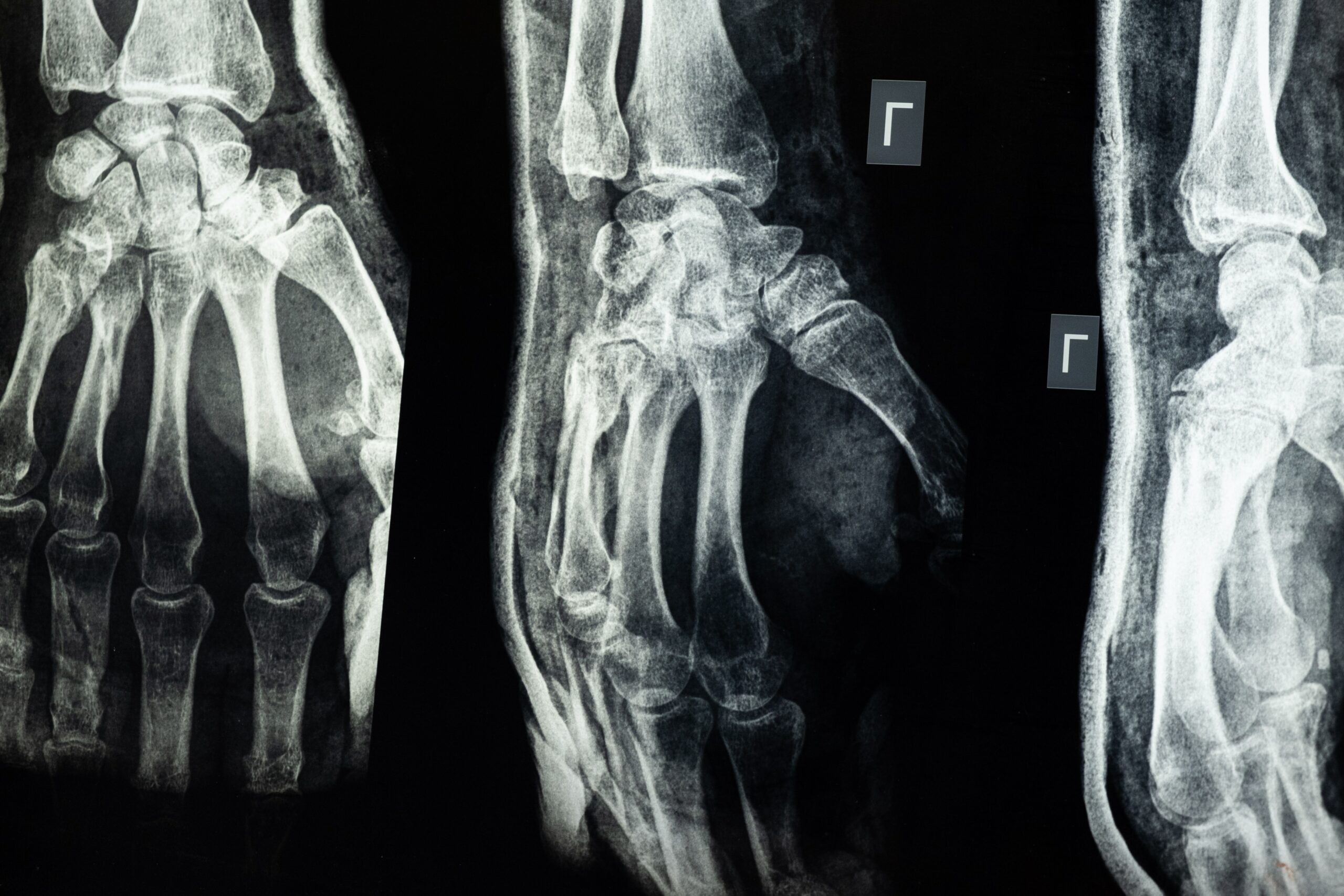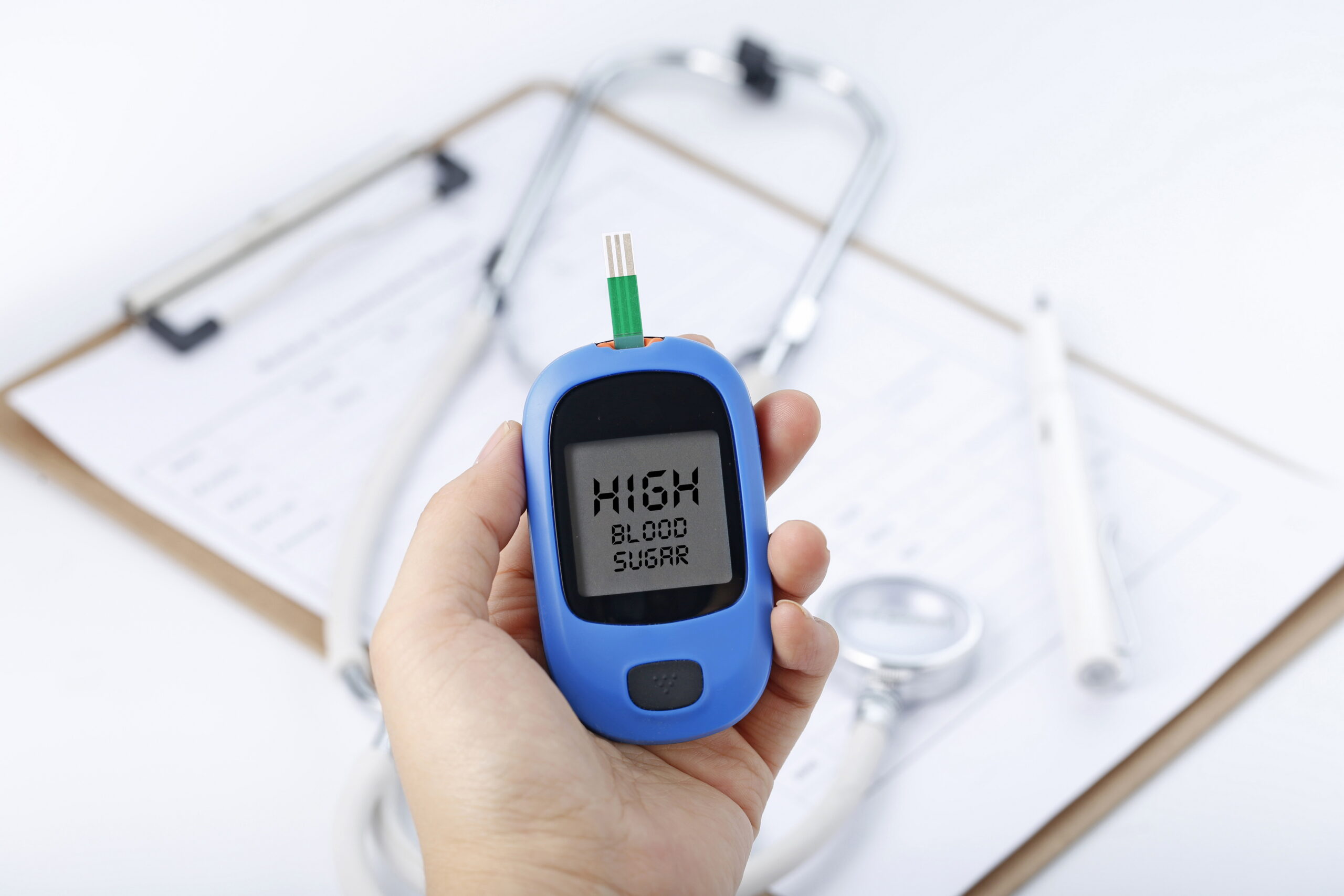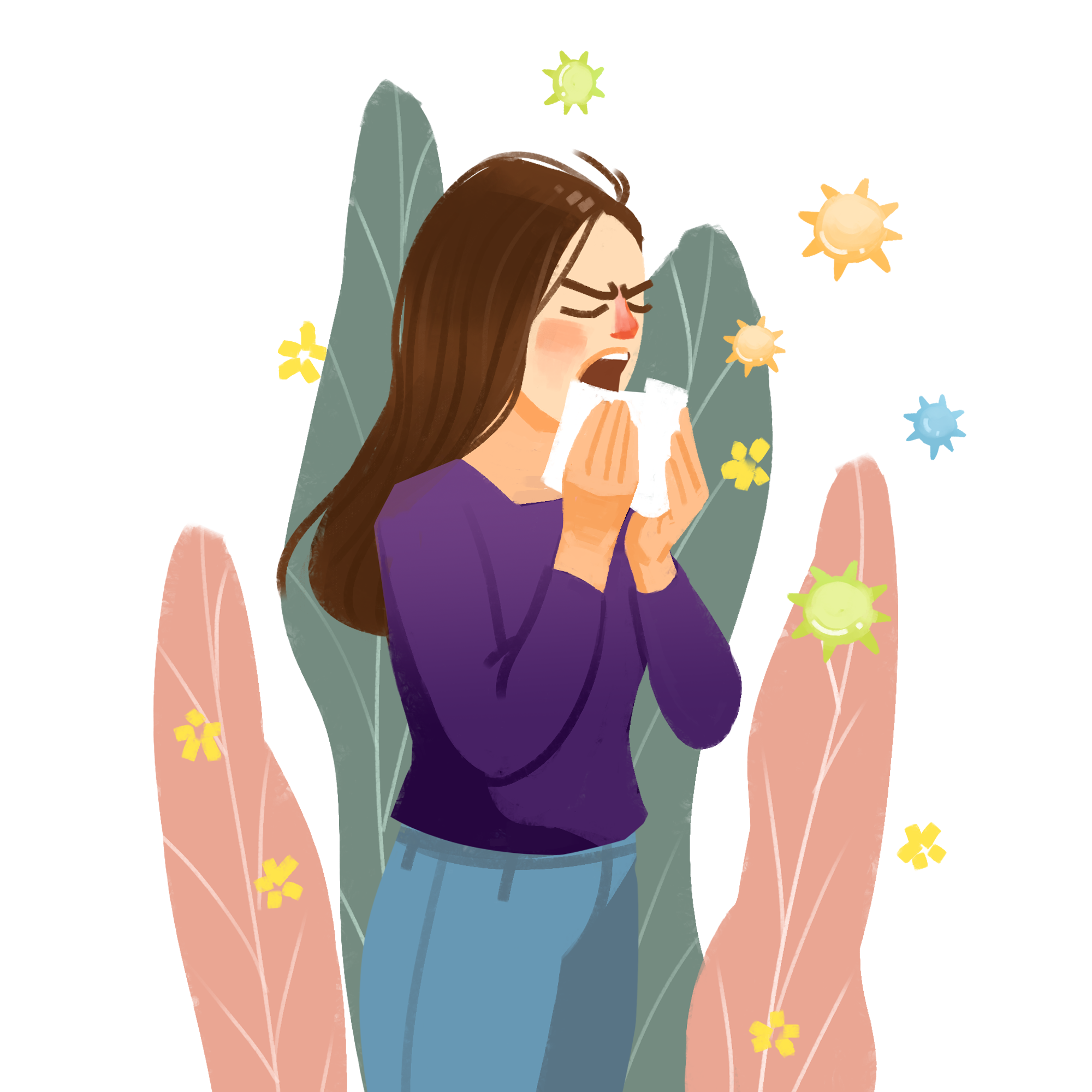How Does Wildfire Smoke Affect Your Health? Wildfire smoke that occurs during fire season can cause harm in multiple ways. It can hurt the eyes, irritate the respiratory system, and worsen chronic diseases like heart and lung disease. In this blog post, we’ll discuss how wildfire smoke can affect your health and provide tips to protect yourself after exposure.
What Is Wildfire Smoke?
Wildfire smoke is a form of air pollution that causes problems for those with respiratory disease, including the young and the elderly. It is a mixture of small individual compounds of gas, water vapour, and other fine particles. This mostly comes after wood or other organic materials burn.
The biggest health threat of wildfire smoke is the fine microscopic particles that can go deep into your lungs. It causes a burning sensation in the eyes, runny nose, scratchy throat, headaches, and other illnesses.
Some factors determine whether a person will experience smoke-related problems. These include the length of time you are exposed to smoke, your age, and whether you have any underlying medical condition.
If you are experiencing a serious reaction after smoke exposure, seek medical attention immediately.
Health Effects Of Wildfire Smoke
Smoke from wildfires can make anyone sick. Even someone in a perfect health condition can get sick if there is enough smoke in the air. Breathing this type of smoke can have immediate health effects, including:
- Non-stop coughing
- Trouble breathing normally
- Stinging eyes
- Scratchy throat
- Runny nose or irritated sinuses
- Wheezing and shortness of breath
- Chest pain
- Headaches
- Mild to a severe asthma attack
Some people are at higher risk, especially children, older adults, people with asthma, bronchitis, chronic obstructive pulmonary disease (COPD), and other chronic diseases. Even if you do not live near the wood, it is still important to protect yourself from this deadly smoke.
How To Protect Yourself From Wildfire Smoke?
- Keep Track Of The Air Quality Rating
Watch out for health warnings in your local area on wildfires. Pay attention to news and other public health messages and take extra safety measures to avoid exposure.
- Stay Indoors As Much As Possible.
Do not go outside and keep windows and doors closed. Run the air conditioner but keep the fresh air inside by pressing the right button and cleaning the filter. These will prevent the smoke from the outside to get inside.
- Wear A Mask
If you cannot avoid going out, wear a protective mask and secure it around the mouth and nose area. N95 masks are the most effective masks against smoke and air pollution.
- Follow An Asthma Action Plan
If you have asthma and experience an attack after being exposed, it is important to follow your asthma action plan. Follow each step in the action plan, including your healthcare provider’s direction on taking medications. Always have at least a 5-day to one-week supply of your asthma medication supply.
If available, call your doctor for the next best steps if the symptoms worsen.
- Watch For Signs And Perform First Aid
Pay close attention to smoke-related health symptoms and seek medical help at the very first sign of trouble. For cardiovascular diseases such as heart and lung diseases, follow the directions given by your doctor or the trained person in charge.
If you think you are having a stroke or heart attack, dial Triple Zero (000) or the Australian emergency number.
The Bottom Line
There are dozens of wildfires that have happened in the past years. Some of them are the largest and lengthiest fire events in years in Australia.
Wildfire smoke can have drastic respiratory and cardiac effects. On top of that, it can also cause stress and panic that can tax people’s mental health. To protect yourself from wildfire smoke, limit your outdoor time during the riskiest seasons and filter the air inside where you will be staying.
Learn first aid and CPR for when you or another person is in a breathing emergency.
Visit the First Aid Course Perth for more information.






